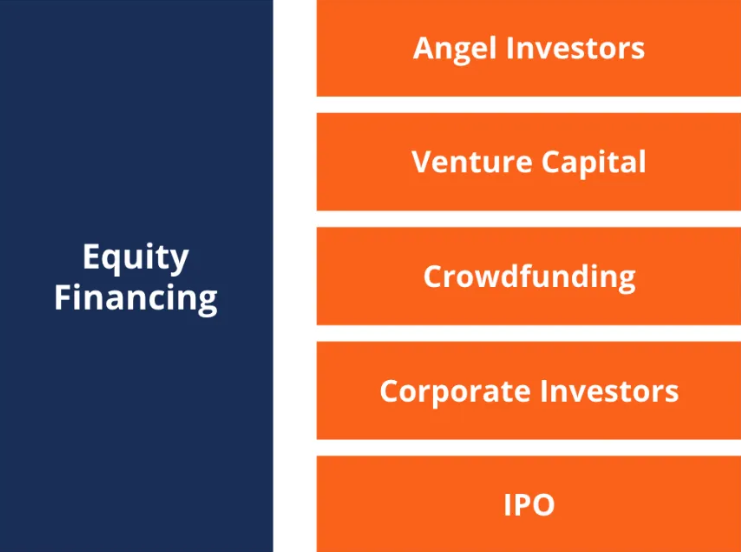
When it comes to raising capital, one of the most strategic moves a founder can make is to retain maximum equity to maintain decision-making control within their startup. Owning a significant portion of equity allows founders to shape the company’s direction, culture, and priorities without excessive external influence. Investors bring valuable resources beyond just funding—such as mentorship, networking, and industry insight—but too much dilution can limit a founder’s ability to make impactful decisions that align with their long-term vision. Startups need flexibility to adapt quickly, experiment, and, at times, make unconventional choices to stand out in the market. If the founding team owns a controlling equity stake, they can pursue these decisions confidently, even if they differ from an investor’s more conservative approach. This independence is particularly vital for startups committed to a specific mission or social cause, as it ensures that financial pressures won’t compromise their values.
Maintaining a majority equity share also benefits founders by allowing them to retain their identity within the company. Investors, especially those from venture capital firms, often expect specific strategies, such as aggressive scaling or rapid returns, that may not align with every startup’s operational pace or growth strategy. While growth is essential, building a sustainable foundation is often more important for long-term success, and this sometimes requires slower, deliberate moves. Founders with majority ownership can prioritize sustainable practices, internal development, and product refinement rather than solely focusing on rapid market expansion to please shareholders. Additionally, holding a larger equity stake secures the founder’s role and influence as the company matures, helping ensure they are not sidelined or replaced if investor expectations shift.
However, there is a fine line to balance, as retaining maximum equity also means accepting less initial capital, which may slow early growth. But there are ways to secure funding while still preserving control, such as pursuing smaller rounds with a more extensive network of angel investors or opting for alternative financing models like debt or revenue-based funding, where equity isn’t traded for capital. Another common strategy is to raise funds in tranches based on achieving specific milestones. By raising smaller rounds with each milestone, founders can build their valuation, minimizing the equity percentage required for future capital. This approach not only preserves equity but demonstrates credibility and financial discipline to future investors. Moreover, founders should carefully negotiate terms, such as voting rights and veto powers, when accepting investment to maintain their decision-making autonomy. Special share classes, which give founders more voting rights per share, can be a practical solution, as it ensures decision-making power stays within the founding team despite equity dilution.
Ultimately, controlling equity while seeking funding is about maintaining the vision and direction founders have for their startup. Retaining a significant share ensures that founders can guide their company’s future, preserving their mission and fostering a stable culture, even in a high-growth environment. With this leverage, they are empowered to shape the company on their terms, protecting it from influences that might push it off course. Owning maximum equity translates into sustained control and flexibility, enabling founders to make bold, innovative choices that propel their business forward, ensuring they are both the creators and stewards of their startup’s journey.
–PRADHAN CHINNAPPA






